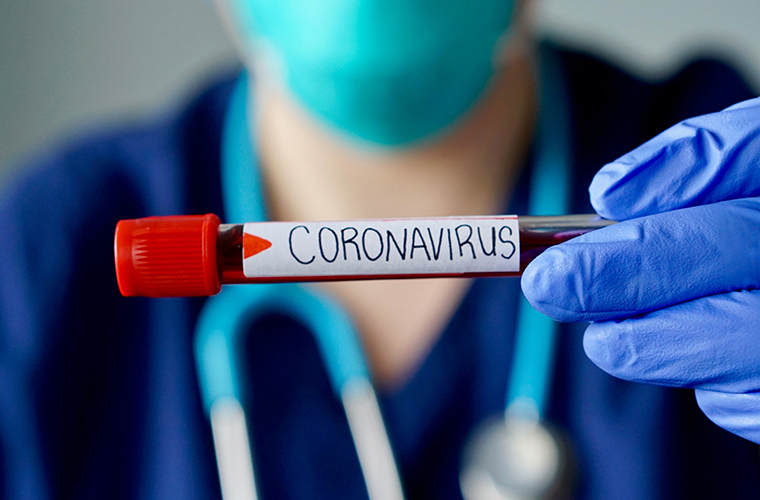Coronavirus (COVID-19): What You Need to Know
Concerns over the novel coronavirus, also known as COVID-19, continue to increase in the United States as more cases are reported worldwide.
BayCare, a leading health system in the Tampa Bay region, is determined to do its part to keep the local community informed about preparation, protection and potential impact. BayCare has already been working internally to prepare its teams should the virus show up in one of its facilities and it’s been communicating regularly with local practitioners and government officials at the local, state and federal level, to ensure patients, team members and the community are protected. Read how BayCare is preparing here.
Nishant Anand, MD, FACEP, chief medical officer and executive vice president for BayCare, answers some common questions around COVID-19 and what people can do to protect themselves and their families.
What is the Novel Coronavirus or COVID-19?
The coronaviruses are a large family of viruses that cause illnesses ranging from common colds to more severe diseases in people and others that circulate among animals, including camels, cats and bats. Common symptoms include fever, cough, shortness of breath and breathing difficulties. This strain of coronavirus was first reported in the Wuhan region of China.
How Can Someone get the COVID-19
COVID-19 can spread from person-to-person and when in close contact (about 6 feet). The spread can occur when an infected person releases respiratory droplets from a cough or sneeze and inhaled into the lungs. It may be possible that people can get COVID-19 by touching an infected surface or object and then touch their own mouth, nose, or possibly their eyes. However, according the Center for Disease Control and Prevention (CDC), that’s not the main way the virus can spread.
What People Can Do
The guidance for avoiding novel coronavirus is like that for any respiratory virus, such as the flu or common cold:
- Wash your hands frequently with soap and water (at least 20 seconds) and avoid touching your face. This is a simple, easy and effective way to prevent spreading germs and to help yourself and others stay healthy.
- Stay away from people that are sick.
- Get proper rest and eat healthy.
- Stay home when you’re sick and encourage family, friends and colleagues to do the same.
Who Can Get Infected
People of all ages can be infected by COVID-19. However, older people and those with pre-existing medical conditions including blood pressure, asthma, diabetes and heart disease appear to be more vulnerable to the virus.
What to Do if Similar Symptoms Occur
If people have symptoms and believe to have been exposed to the coronavirus through travel or contact with someone who has traveled, contact the Florida Department of Health (FDOH) directly at 866-779-6121 or COVID-19@flhealth.gov. If they do decide to seek medical care, they are asked to call their primary care doctor or the facility first so they can prepare for their arrival.
Is There a Vaccine?
There is currently no vaccine to protect against COVID-19. The best way to prevent infection is to avoid being exposed to this virus.
Is There a Treatment?
There is no specific antiviral treatment for COVID-19. People with the virus can seek medical care to help relieve symptoms. Roughly 4 out of 5 of those infected experience only mild symptoms.
How to Stay Informed
The numerous digital and social media channels allow misinformation to spread quickly. That’s why it’s important for people to get their information through reputable sources includes local health systems, FDOH, CDC and trusted news sources.
BayCare is continually updating the community through its digital platforms. To keep up with the latest, you can continually visit BayCare.org/Newsroom. You can also follow us on social media channels @BayCare.
For more information on the coronavirus, you can also visit:
- FDOH website: http://www.floridahealth.gov/
- CDC website at https://www.cdc.gov/coronavirus/
Related Stories:
- Coronavirus: How BayCare Responds to the Outbreak
- BayCare Announces Hospital Visitation Changes
- BayCare Provides Access to Telehealth Services During Coronavirus Outbreak
- How Coronavirus (COVID-19) Testing Works
- BayCare to Launch Drive-Thru COVID-19 Testing Sites
- Coronavirus-Related Changes to BayCare Services and Policies


